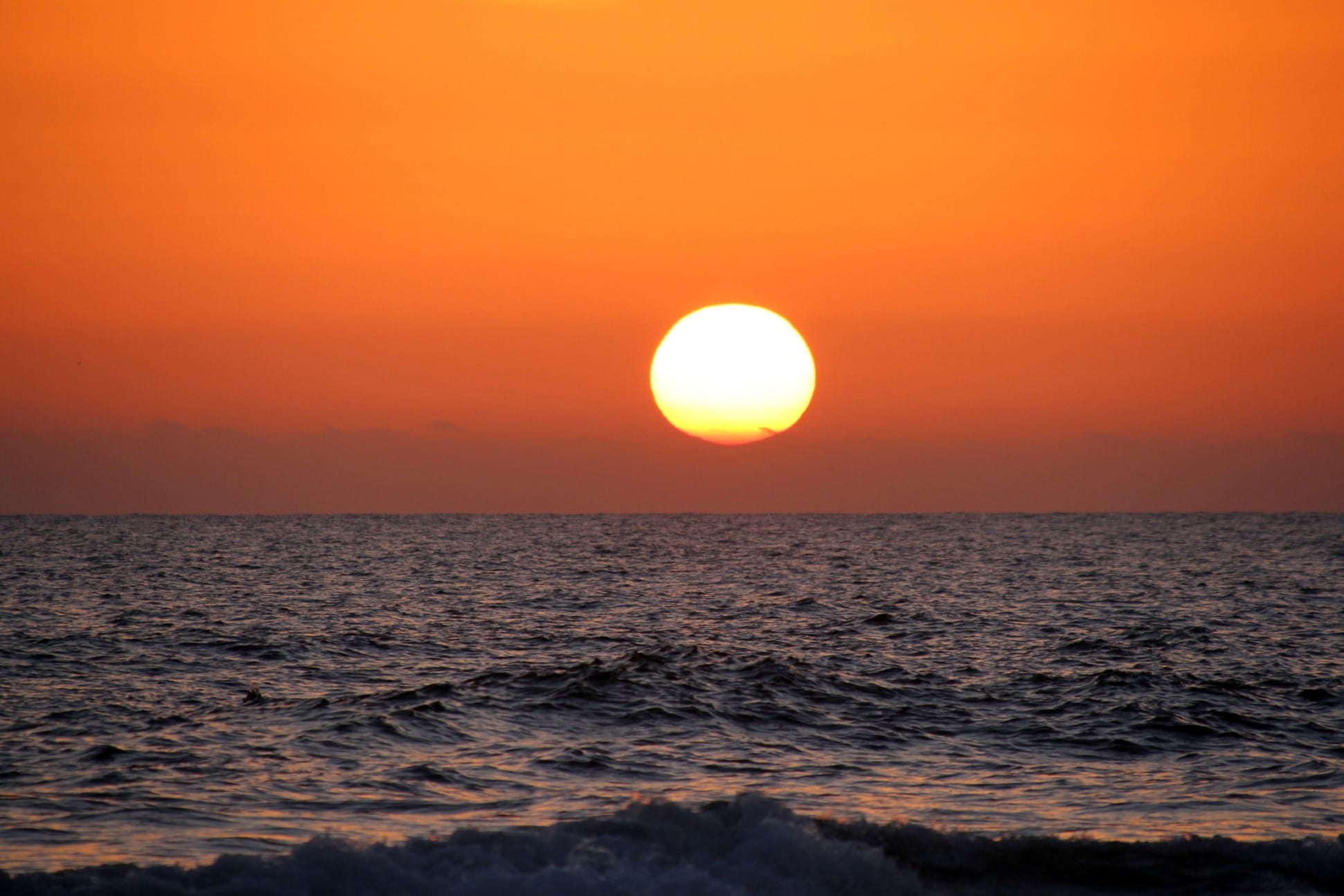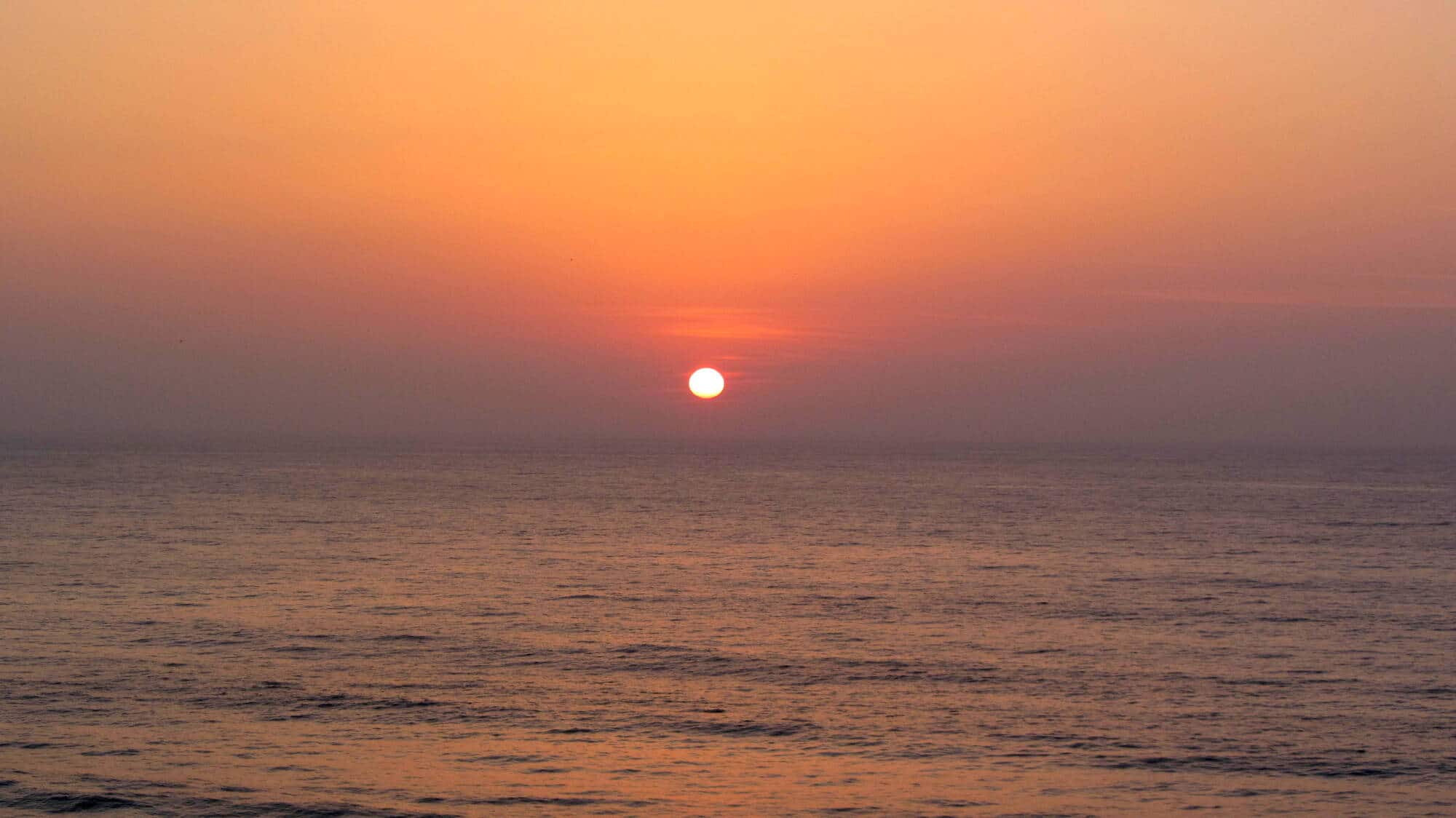World Meteorological Day

The World Meteorological Day emerged in 1961, due to the celebration of the creation of the World Meteorological Organization (WMO). Institution that is linked to the UN (United Nations) and that has existed since 1950.
The date celebrates the technique responsible for analyzing and predicting Earth’s climate variations.
From the collection of information, such as:
- The humidity of the air;
- Atmospheric pressure;
- Air temperature;
- Precipitation;
- Wind speed and direction, among others;
With this data, meteorologists are able to draw a forecast of the climate condition for a given region.

This day is therefore intended to honor the essential contribution of the national meteorological services to security, knowledge and the well-being of society.
The Ocean shapes wheather and climate
The ocean has a major impact on the global climate and anchors the economy and food security around the world.
Climate change is taking a heavy toll on the ocean, but also increasing risks for millions of people.
The oceans absorb and transform much of the solar radiation that reaches the Earth’s surface and provides heat and water vapor to the atmosphere.

The ocean absorbs about 90% of the excess heat trapped by greenhouse gases. Then, the currents circulate this heat around the planet, shaping Earth’s climate at global and local scales.
However, warming waters and changes in ocean chemistry are already affecting marine ecosystems and the people who depend on them.
Protect every drop of the ocean, because every drop counts

It is from these forecasts that we are increasingly able to predict and anticipate more accurately the sea conditions for the following days.
Forecasting platforms such as Windguru and MagicSeaWeed allow and facilitate surfers a lot in making decisions for a surf.
Protect those who care for and regulate the climate. An ocean for everyone!




